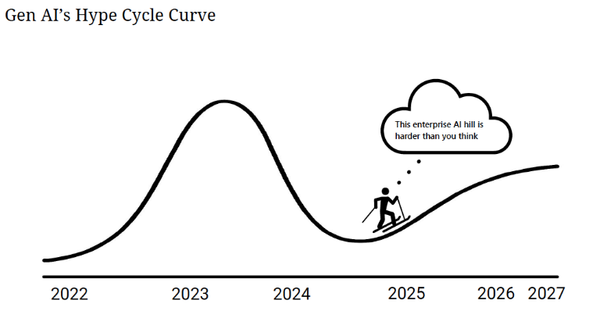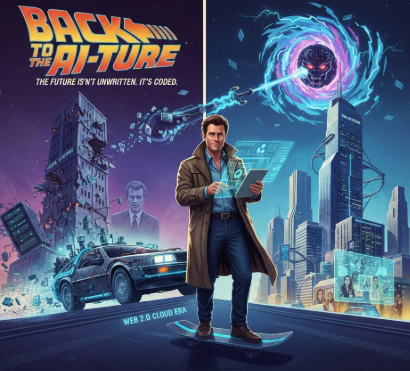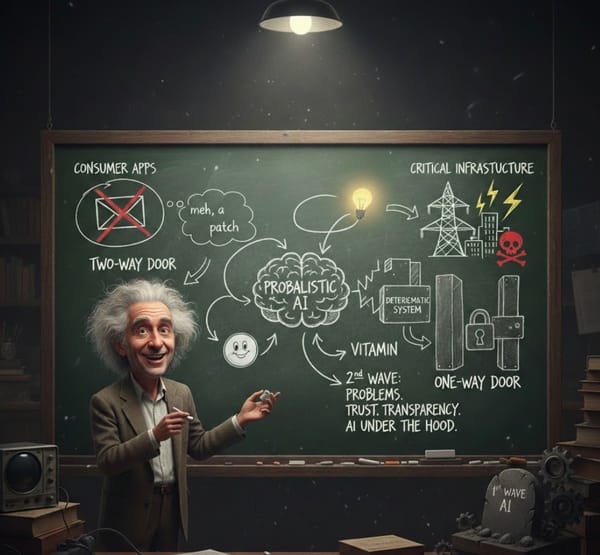Can We Solve the Perception Problem?
What happens when perceptions don't reflect reality?
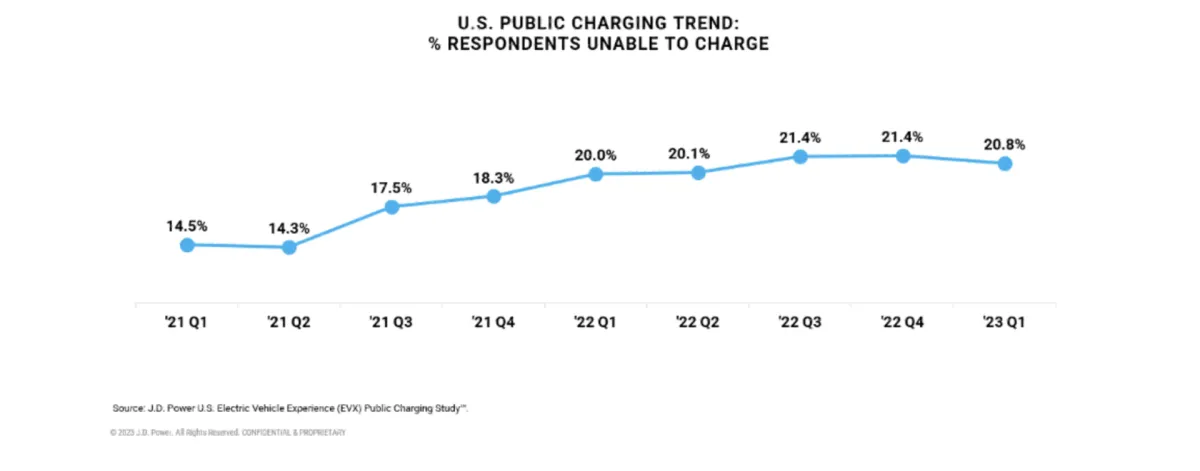
“Their perception is their reality.” This is a phrase I often find myself repeating.
“Your personal experiences make up maybe 0.00000001% of what's happened in the world, but maybe 80% of how you think the world works. - Morgan Housel in The Psychology of Money
It came up again this morning after reading a great Wall Street Journal account of the EV charging reliability landscape in Los Angeles.
People report EV charging infrastructure reliability as one of the main reasons they aren’t willing to purchase an EV. According to JD Power, 20% of respondents to a recent survey reported issues with public charging infrastructure. But this survey is different from the reality people see.
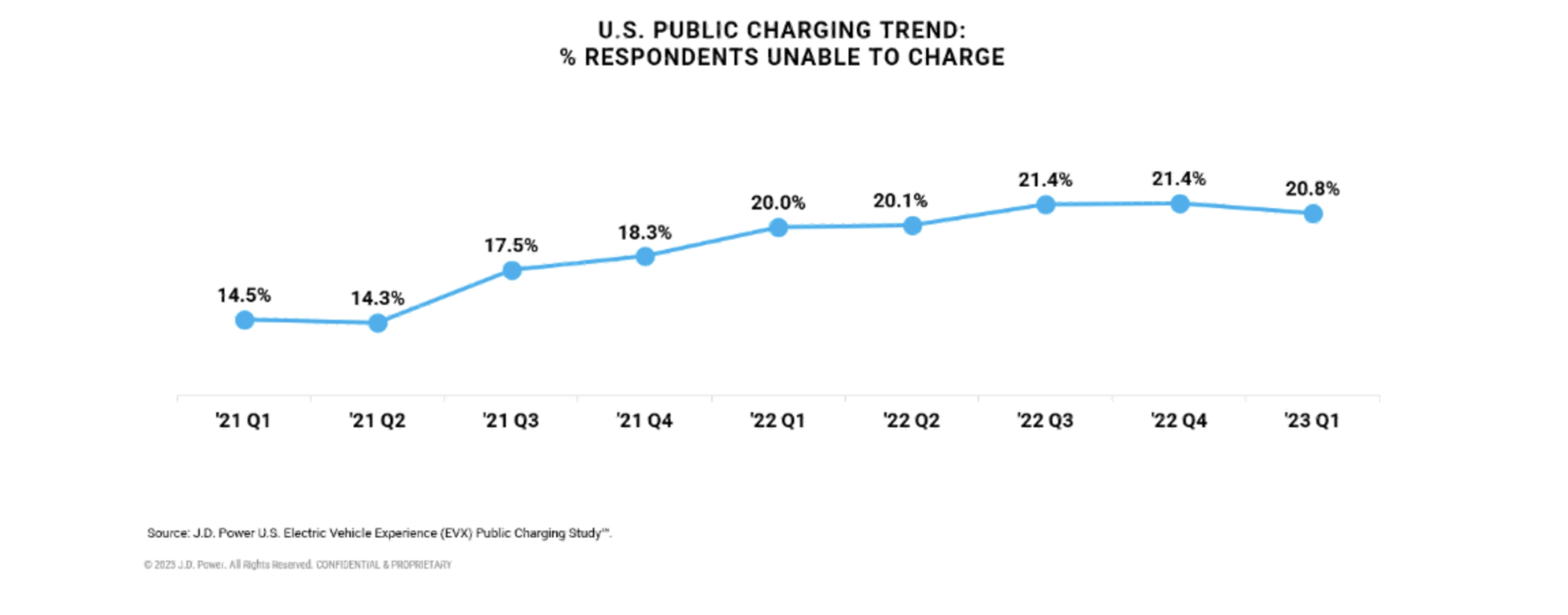
Instead, one of the first things any of us do when making a purchase is head to Google or Reddit. If you Google “EV charging Reddit,” here’s what you’ll see:
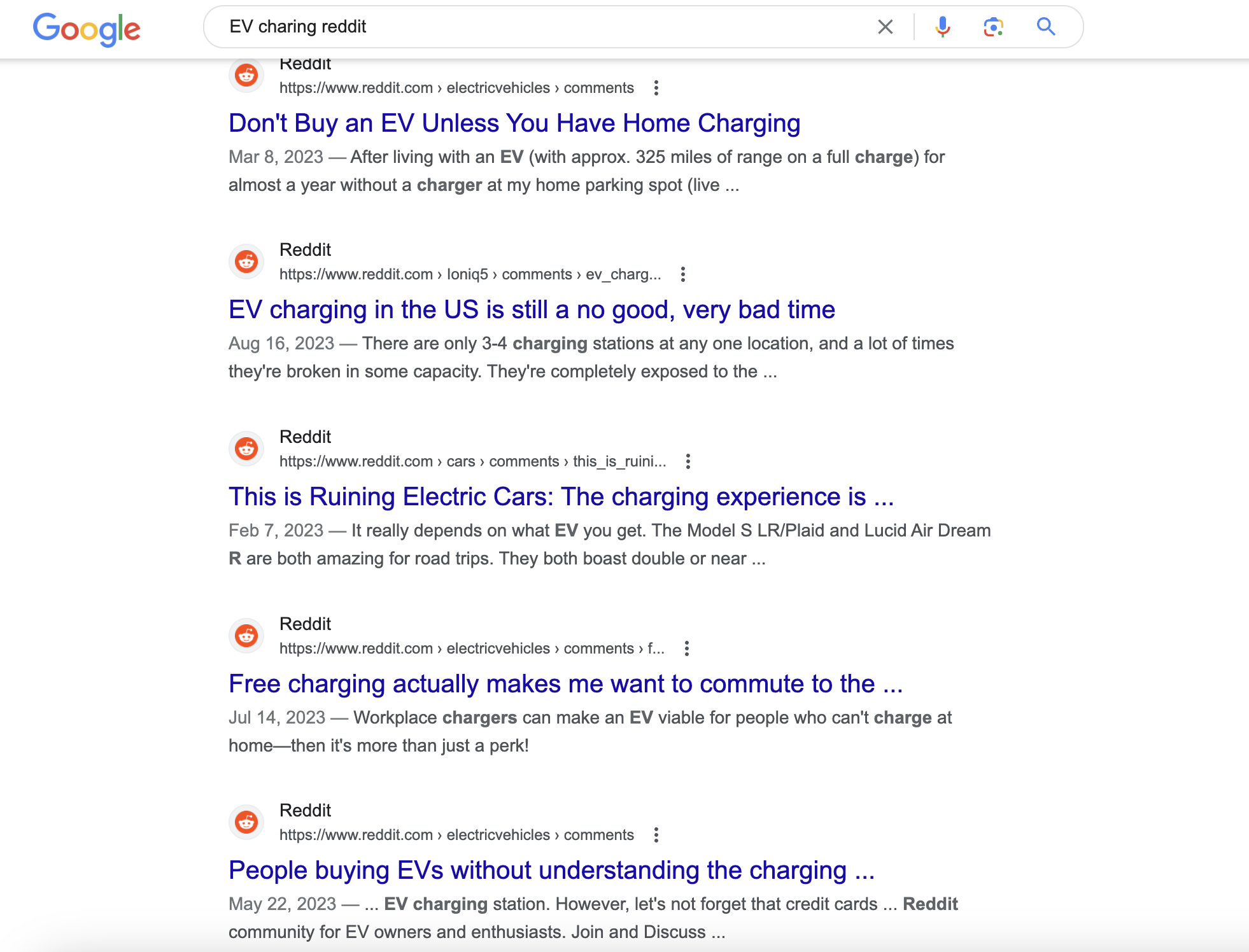
Four of the top five results (80%) mention a problem with EV charging reliability. More than ever, our perception is shaped by the availability of information. We rely on what is most readily available to make snap judgments. This creates perception, which in turn is the reality in the minds of buyers.
Battery fires are another example of an EV perception not being a reality - ICE vehicles catch fire, too. However, we already know this, so we don’t post it on social media to create the perception of ICEs being unsafe.
The same is true of autonomous driving. We highlight the incidents and ignore the thousands of safe trips. It’s not ready for prime time and may never be, but it’s also not the most dangerous thing going either. If you want to see what autonomy can do, look at flying. The pilot is there for our perception of safety, but that shapes our reality. We wouldn’t fly on planes with no pilot.
Thanks for reading! Subscribe for free to receive new posts.
